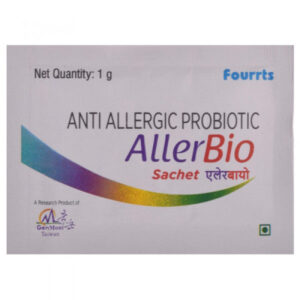ANTI ALLERGIC
ANTI ALLERGIC: Drug Name: Anti-Allergic
Use: Anti-Allergic is a medication used to treat allergic reactions such as hay fever, allergic rhinitis, and allergic dermatitis. It helps relieve symptoms such as sneezing, itching, runny nose, and skin rashes that occur due to allergies.
Mechanism of Action: Anti-Allergic works by blocking the action of histamine, a chemical in the body that is released during an allergic reaction. Histamine is responsible for causing symptoms such as itching, sneezing, and watery eyes. By blocking the histamine receptors, Anti-Allergic reduces these symptoms and provides relief.
Dose: The dose of Anti-Allergic may vary depending on the severity of the allergic reaction and the age of the patient. It is available in the form of tablets, syrups, and nasal sprays.
For adults and children over 12 years old:
– Oral tablets: The usual recommended dose is 10 mg once daily.
For children aged 2 to 12 years:
– Oral syrup: The recommended dose is based on the child’s weight, usually 2.5 to 5 mg twice daily.
For nasal allergies:
– Nasal spray: The recommended dose is 1-2 sprays into each nostril once or twice daily.
It is essential to consult a healthcare professional for the appropriate dose and duration based on individual circumstances.
Side Effects: Like any medication, Anti-Allergic can have potential side effects, although not everyone may experience them. Common side effects may include drowsiness, dizziness, dry mouth, headache, upset stomach, and blurred vision. These effects are usually mild and disappear as the body adjusts to the medication.
In rare cases, Anti-Allergic can cause more severe side effects such as confusion, difficulty urinating, irregular heartbeat, or hallucinations. If any of these occur, it is important to seek medical attention immediately.
Some individuals may also experience an allergic reaction to the medication, characterized by rash, itching, swelling, severe dizziness, or difficulty breathing. In case of an allergic reaction, emergency medical assistance should be sought.
It is crucial to inform your healthcare provider about any pre-existing medical conditions, medication allergies, or other medications being taken to avoid any potential drug interactions or adverse effects while using Anti-Allergic.

